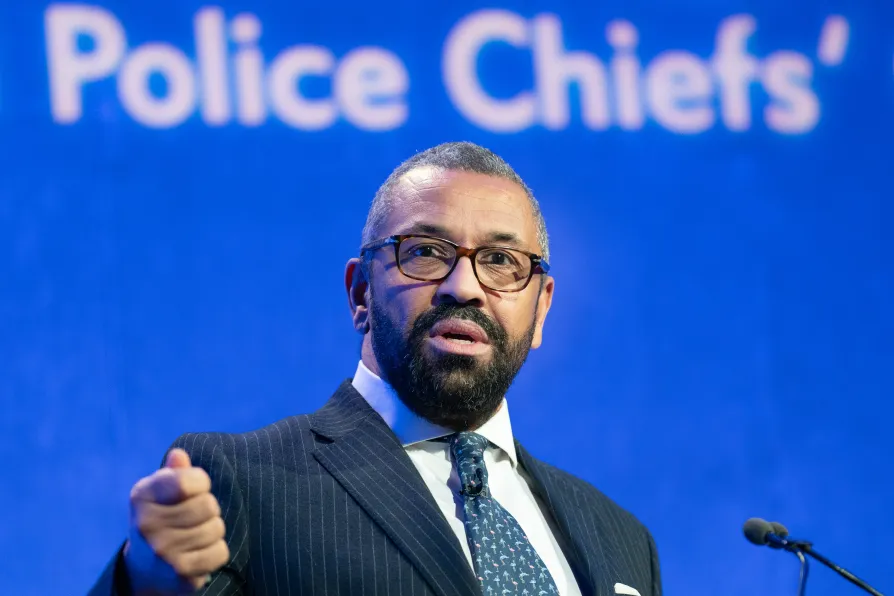Tories slammed as figures show nearly nine in 10 reported crimes go unsolved

 Home Secretary James Cleverly delivers a speech at the joint annual summit of the Association of Police and Crime Commissioners and National Police Chiefs Council, at the QEII Centre, central London, November 16, 2023
Home Secretary James Cleverly delivers a speech at the joint annual summit of the Association of Police and Crime Commissioners and National Police Chiefs Council, at the QEII Centre, central London, November 16, 2023
NEARLY nine in 10 crimes reported to police are never solved, research has found, as communities continue to bear the brunt of devastating Tory cuts during the cost-of-living crisis.
Labour analysis of the latest crime figures showed 4.7 million cases have gone unsolved this year.
Nearly half are due to police failing to find a suspect, its study found.
Similar stories

ANN CZERNIK concludes her three-part series on the hidden scale of child sexual exploitation in Britain

Ministers urged to unfreeze local housing allowance rates












